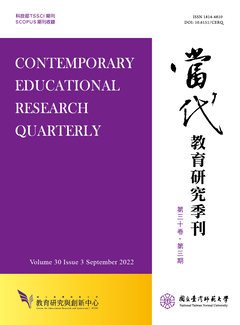

This paper attempts to offer a critical analysis of various theories of justice and their implications for educational equity with a view to proposing a fair educational system facilitating the actualization of ideal just society. First of all, metaphysical and sociological foundations of justice are discussed. The focus of this paper is specifically on the analysis of J. Rawls' theory of justice, Young's politics of difference and Sen's capability approach to social justice. The second part of this paper moves to the study of "politics of difference" and "politics of recognition" based on Rawls', Young's and Sen's theories of social equity and justice. Based on the results of foregoing analysis on social justice theories, this paper gives critical comments on the reports and policy documents of Coleman, the European Commission, the OECD and the Ministry of Education in Taiwan. The paper is concluded by a recommendation for designing a fair and inclusive education system conducing the fulfillment of social justice.

This work is licensed under a Creative Commons Attribution-NonCommercial 3.0 Taiwan License.
Center for Educational Research and Innovation, National Tawain Normal University
162, Ho-Ping East Rd, Sec. 1, Taipei, Taiwan | Tel:+886-2-7749-3670 | E-mail: cerecerq@gmail.com
CERI | NTNU | E-mail Alerts | Open Journal System
© 2014 CERI-NTNU
